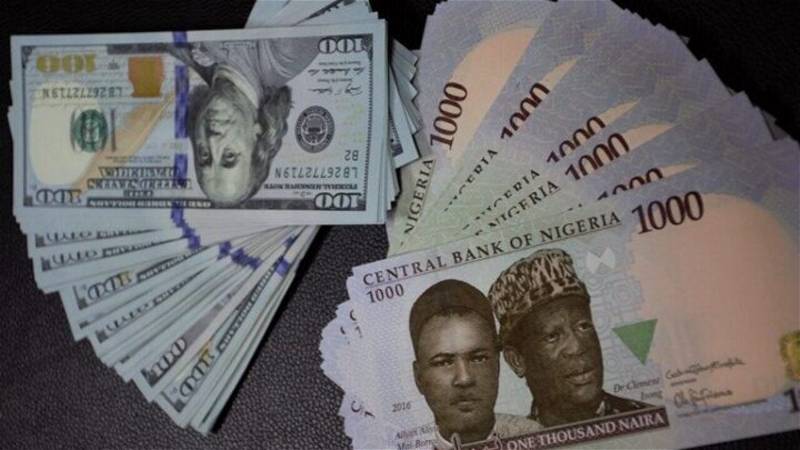The exchange rate for cargo clearance has witnessed a notable decline, falling to N1593.41/$ from the previous week’s figure of N1612.28/$, marking a reduction of approximately N18.87.
Last week, the Central Bank of Nigeria (CBN) adjusted the exchange rate for cargo clearance upwards by N18.44 compared to the previous rate. However, the recent drop in the exchange rate for cargo clearance reflects the recent strengthening of the naira observed in the forex market.
According to data from FMDQ, the naira closed at N1602.75 on the last trading day of the previous week, indicating a positive trend in its performance.
Convergence of Official and Parallel Market Rates
The volatility accompanying the second devaluation of the naira earlier this year has significantly subsided in recent weeks. There has been a convergence between the official and parallel market rates, with both rates aligning closely.
Reports from EntreprenuerNG suggest that exchange rates in both markets are nearly equal, signaling the success of the implementation of the CBN’s forex market unification policy. The average exchange rate has hovered around N1600/$1 in both markets, with fluctuations ranging between N1590 and N1630, resulting in a less than 2% disparity.
This disparity is notably lower than the commonly accepted 5% premium between official and parallel market rates. In February, the CBN discontinued the ±2.5% cap spread on interbank FX transactions, further contributing to this convergence.
CBN’s Directive on the Use of FX Gains by Banks
The Central Bank of Nigeria recently reiterated its warnings to banks regarding using FX revaluation gains for dividend payments and operational expenses. It emphasized that gains from FX revaluation should be reserved as a buffer in case of insufficient liquidity in the market.
In 2023, financial institutions, including banks, witnessed significant returns from FX revaluation. However, companies in the manufacturing, consumer goods, and telecoms sectors faced substantial FX losses during the same period.











